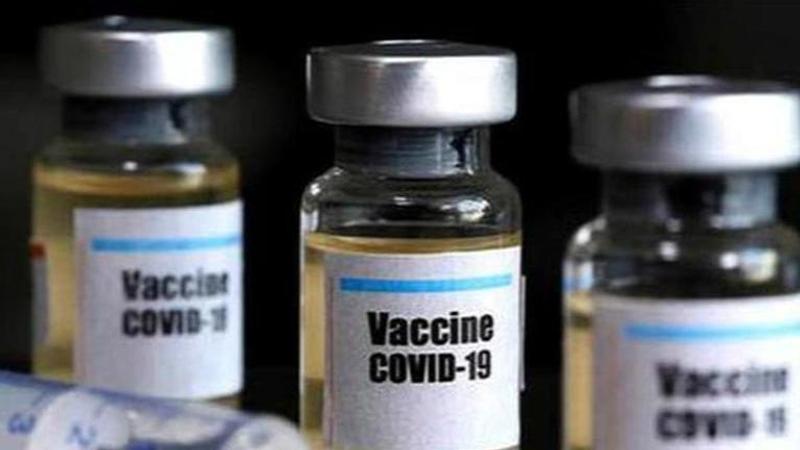Published 05:11 IST, October 15th 2020
UN stresses on WHO clearance for COVID-19 vaccines, Russia's Sputnik V included
UN spokesperson Stephane Dujarric said on Wednesday that any vaccine for the COVID-19 infection must be cleared by the World Health Organisation.

Addressing a press conference on Wednesday, October 14 United Nations spokesperson Stephane Dujarric said that any vaccine for the COVID-19 infection must be cleared by the World Health Organisation. Earlier in September, Russian President Vladimir Putin in his speech at the UN General Assembly had said that he will provide free Sputnik V vaccines to all UN staff worldwide.
"Those discussions are ongoing." "For us, it's important that any vaccine be cleared by the WHO, but discussions are ongoing", said Stephane Dujarric.
In August, Russia had announced that it had developed the world's first registered vaccine named Sputnik V. The vaccine registration raised concerns among Western scientists as the COVID-19 vaccine developed by Moscow's Gamaleya research centre had received approval before the clinical trials had been completed.
First registered COVID-19 vaccine
After announcing the world's first registered COVID-19 vaccine, Russia is reported to have begun the early clinical trials for a second COVID-19 vaccine. According to the vaccine developer, the early clinical trials of a second Russian COVID-19 vaccine have proved successful.
Earlier on October 1, Vektor, Russia's state virology research centre in Siberia, said that the early-stage trials were successful for its own experimental vaccine, named 'EpiVacCorona'. The first two phases of clinical trials demonstrated the effectiveness and safety of the EpiVacCorona vaccine, Vektor's press department told a Russian news agency.
The post-registration clinical trials would begin with 5,000 volunteers in Siberia, Vektor said and added that there would be a separate clinical trial involving 150 volunteers who are over 60 years of age. Further, the lab will begin placebo-controlled trials on 5,000 Russian volunteers between the ages of 18 and 60. Russia plans to manufacture an initial 10,000 doses and the production is expected to begin in November, Vektor informed.
(With ANI Inputs)
Updated 05:11 IST, October 15th 2020




